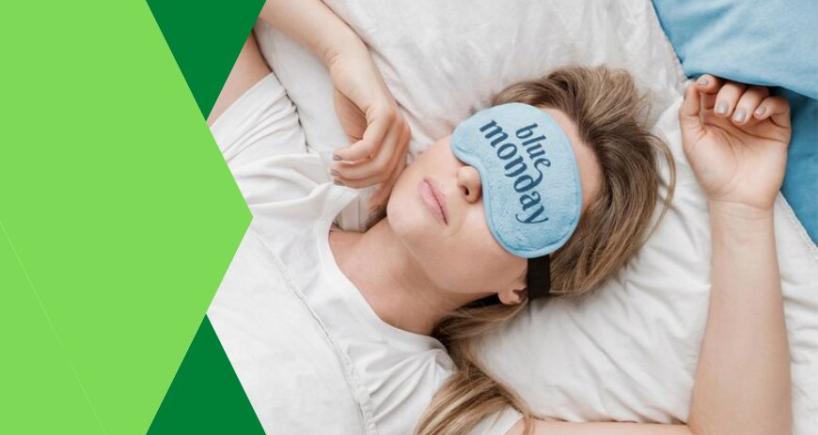
Sleep Hygiene
Introduction to Sleep Hygiene
Our physical and mental well-being is influenced by our sleep. Getting a proper night's sleep seems like an unachievable goal when we are tossing and turning every night. Poor sleep patterns can affect our mental health, resulting in poor concentration and attention levels. This confusion can interfere with our logical reasoning and even impair our judgment.
What is Sleep Hygiene?
Sleep hygienes are those healthy sleeping habits and behaviours that we can adopt and work on to improve our potential to fall and remain asleep throughout the night, thereby enhancing the quality and quantity of sleep.
Good Sleep Hygiene Habits to Follow:
- Maintaining a regular sleep schedule
- Evening and bedtime routine
- Preparing the mind for sleep
- Preparing the body for sleep
- Sleeping environment
1. Maintaining a regular sleep schedule
Going to bed and waking up around the same time each day even on weekends and holidays may help regulate our body clock and enhance the quality of one's sleep and wake time. Taking naps of less than an hour and avoiding a nap after three or four pm is necessary for early sleep onset at night. If we take longer and frequent naps, it will decrease the amount of sleep we need the next night and may lead to fragmented sleep, difficulty initiating sleep or insomnia. Such patterns of sleep can cause mood disturbances and fatigue.
2. Evening and bedtime routine
Practicing relaxation techniques before bedtime is very beneficial. We can take deep breaths and visualize a soothing scene. Even a warm shower or bath for about 90 minutes before bed would be of help as it will raise our body temperature and the subsequent drop of it may leave us feeling sleepy. Other things like listening to soothing music, reading a book, meditating, practicing restorative yoga, stretching, drinking a cup of non-caffeinated beverage or having only a light snack, and avoiding heavy meals near bedtime can contribute to sleep that is uninterrupted. It will help us calm our body and mind and allow us to transition from wakefulness to sleep.
3. Preparing the mind for sleep
If we are worried about getting our work done, making a to-do list for the next day can assure us to have enough time to accomplish what needs to get done. Once the chores that cause us stress are down on paper, our mind is free to relax and think of more pleasant thoughts. Try avoiding emotionally upsetting conversations and activities before sleep as it could lead to emotional distress and hypertension.
4. Preparing the body for sleep
Avoiding alcohol during the late evening since it creates the illusion of good sleep when in reality the architecture of sleep is compromised. Exercising reduces stress levels which regulate our dopamine and serotonin levels and promote continuous sleep.
5. Sleeping environment
An optimal sleep environment can help us fall asleep easier. Keeping oneself away from electronics at least 60 minutes before bed, dimming the lights and having a comfortable room temperature contributes to a peaceful sleep.
Relationship Between Sleep and Mental Health
How does sleep affect mental health?
Sleep disturbance may result in increased stress, reduced quality of life, emotional distress, mood disorders, and cognitive, memory, and performance deficits. In extreme cases, one could face an increase in hypertension, cardiovascular disease, weight-related issues, and gastrointestinal disorders, etc.
Keeping a sleep diary or journal can help us keep a track of how well we are sleeping and identify factors that might be helping or hurting our sleep. Healthy amounts of sleep improve our mood and productivity and increase our satisfaction with life. Small steps towards improving our sleep hygiene can enhance our overall health and quality of life. Being patient and consistent throughout this process is key.
Categories
Clear allMeet the doctor

- Mental Health and Behavioural Sciences | Clinical Psychology
-
6 Years
-
1500



















